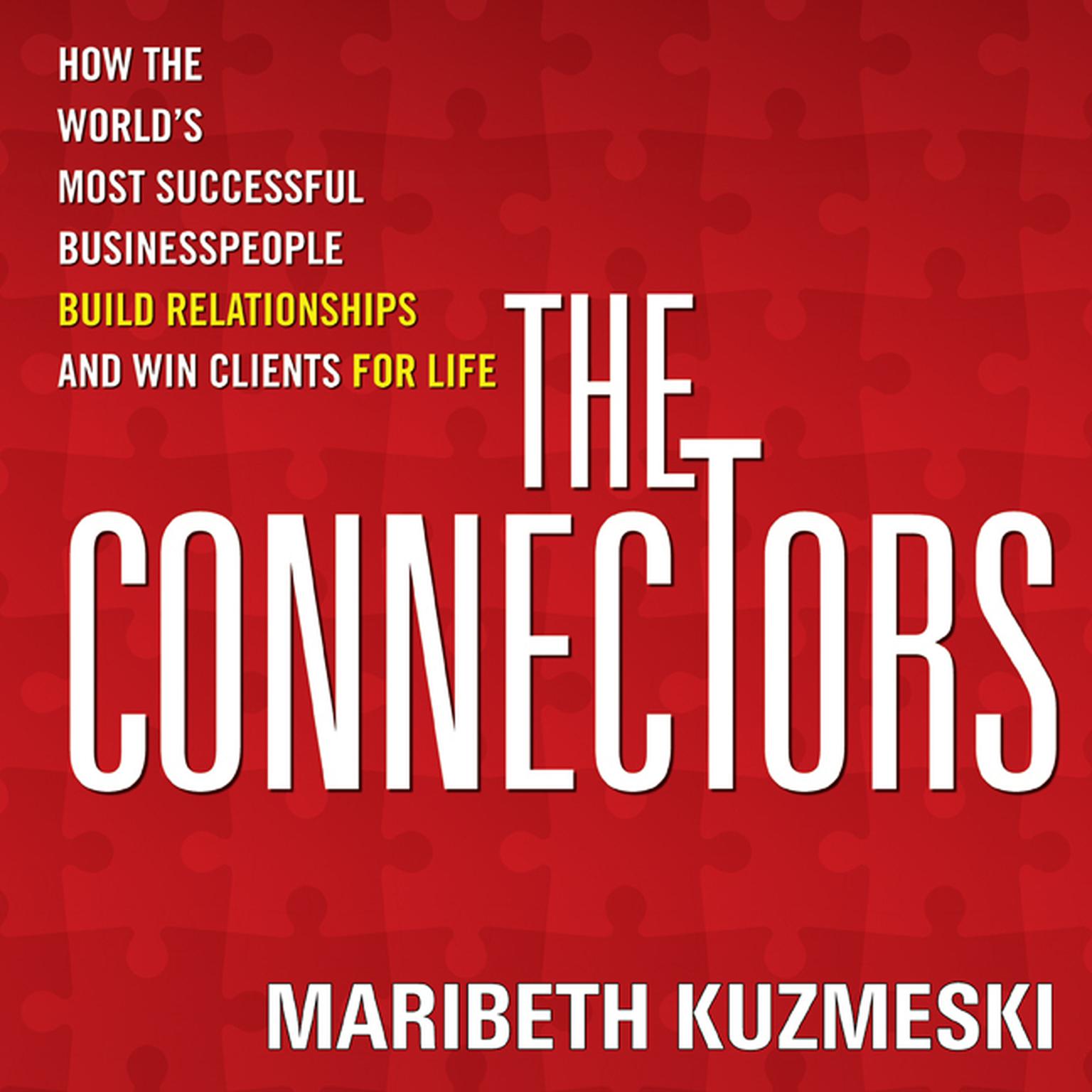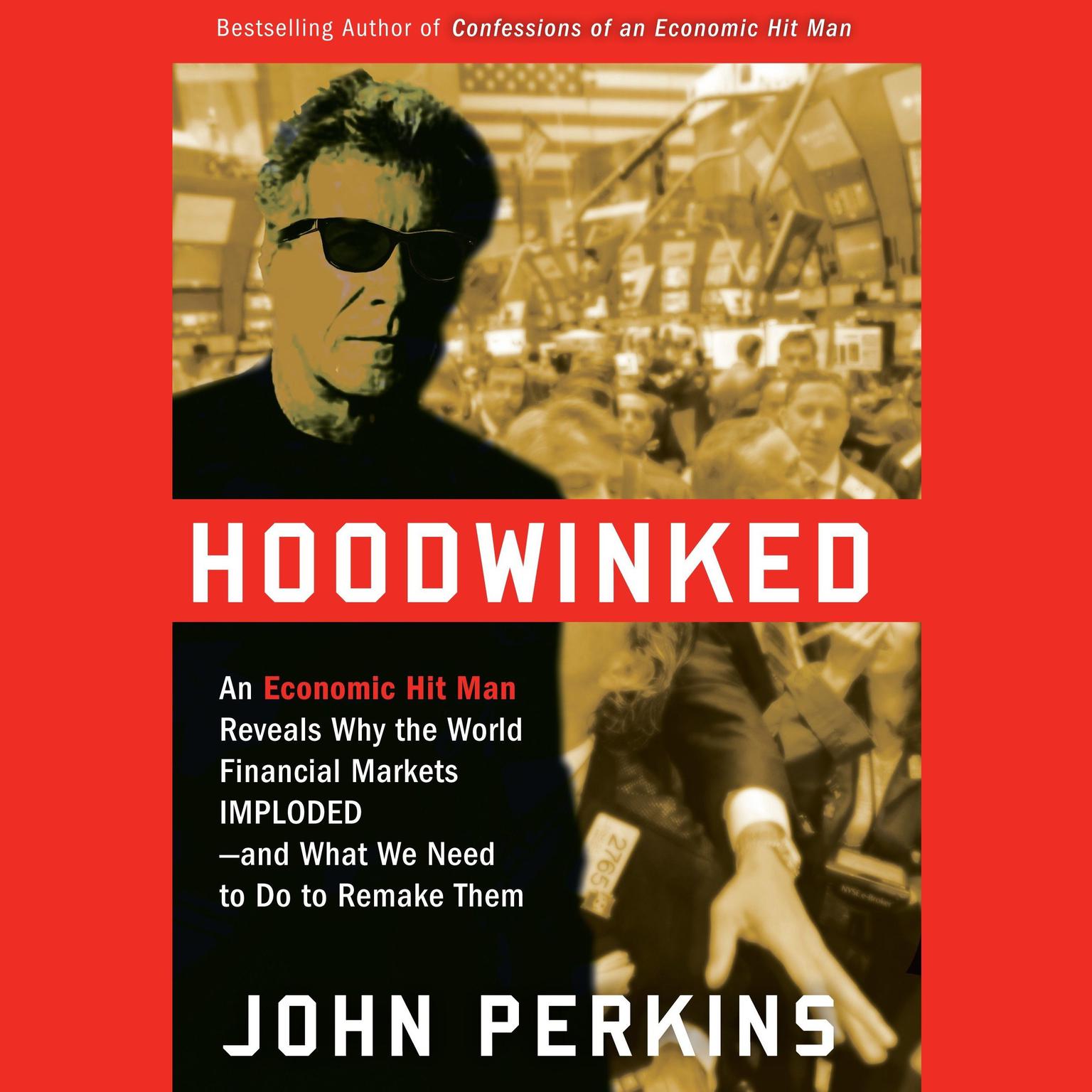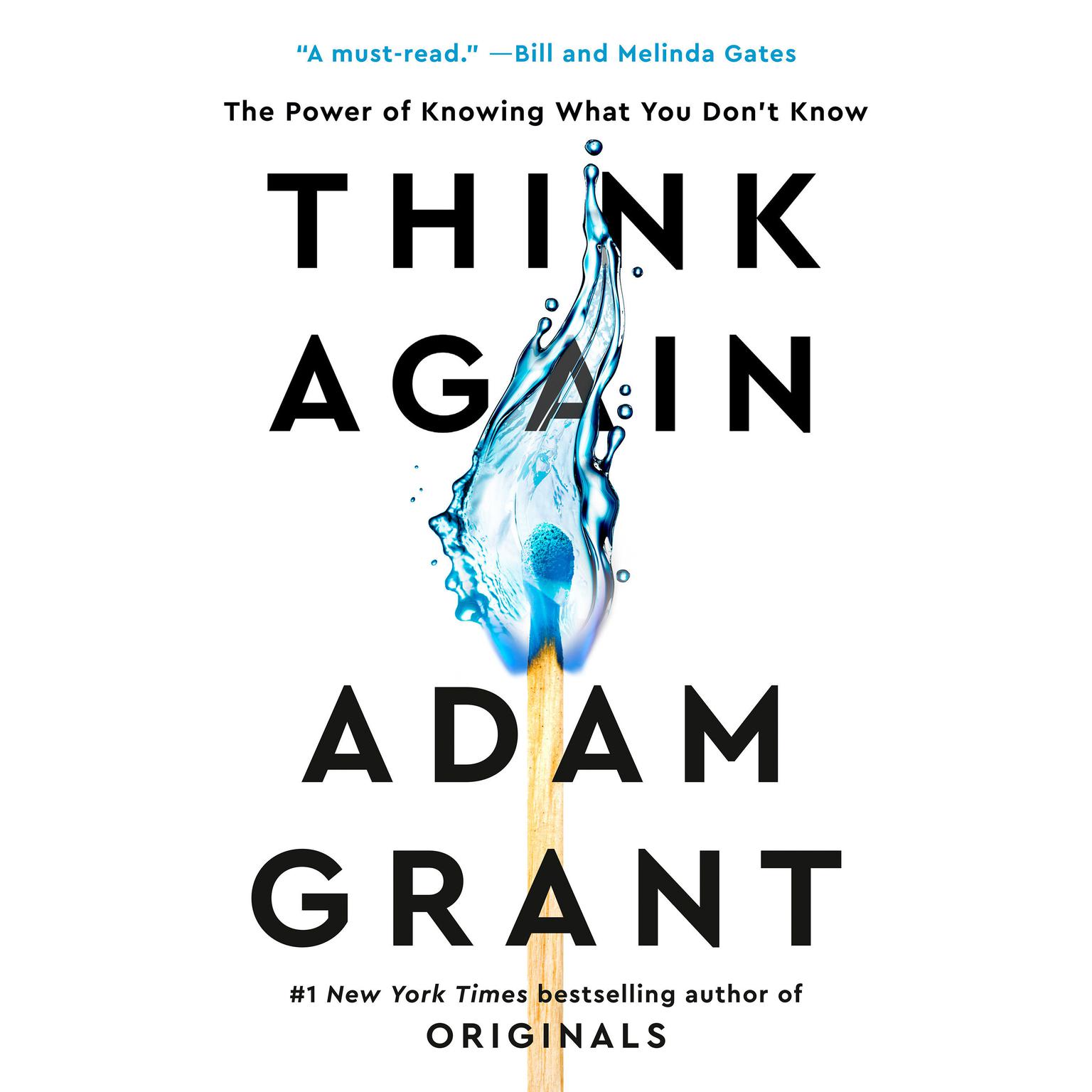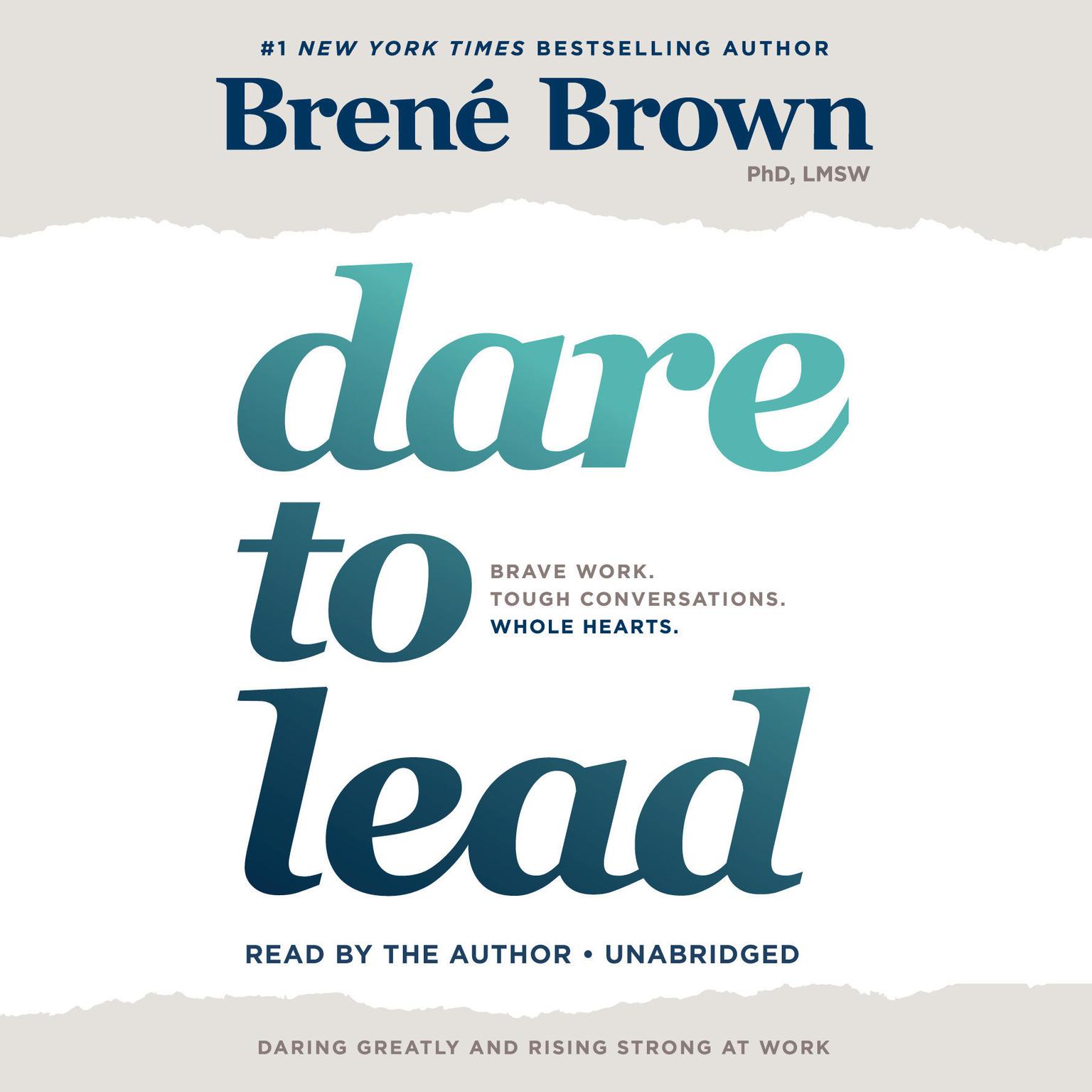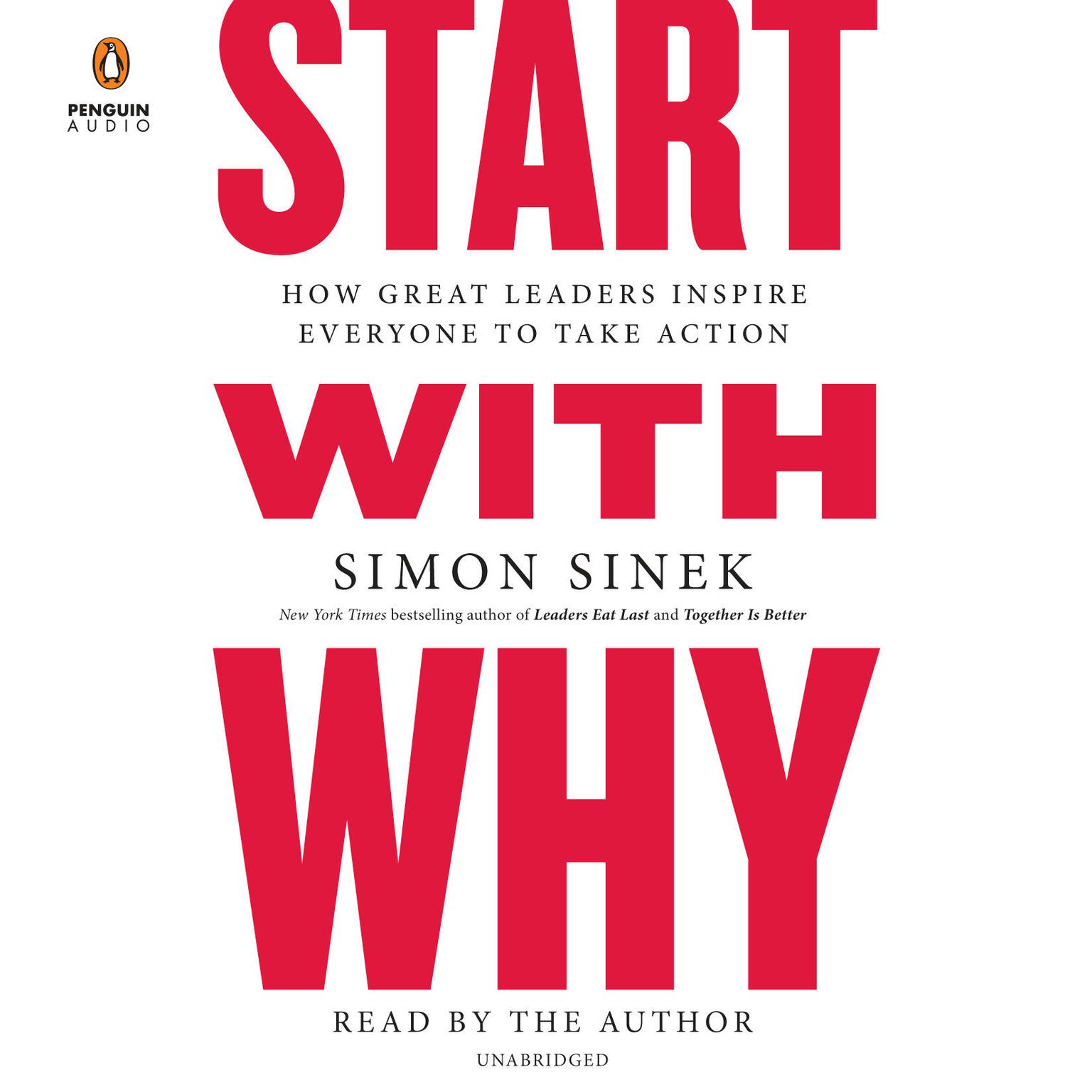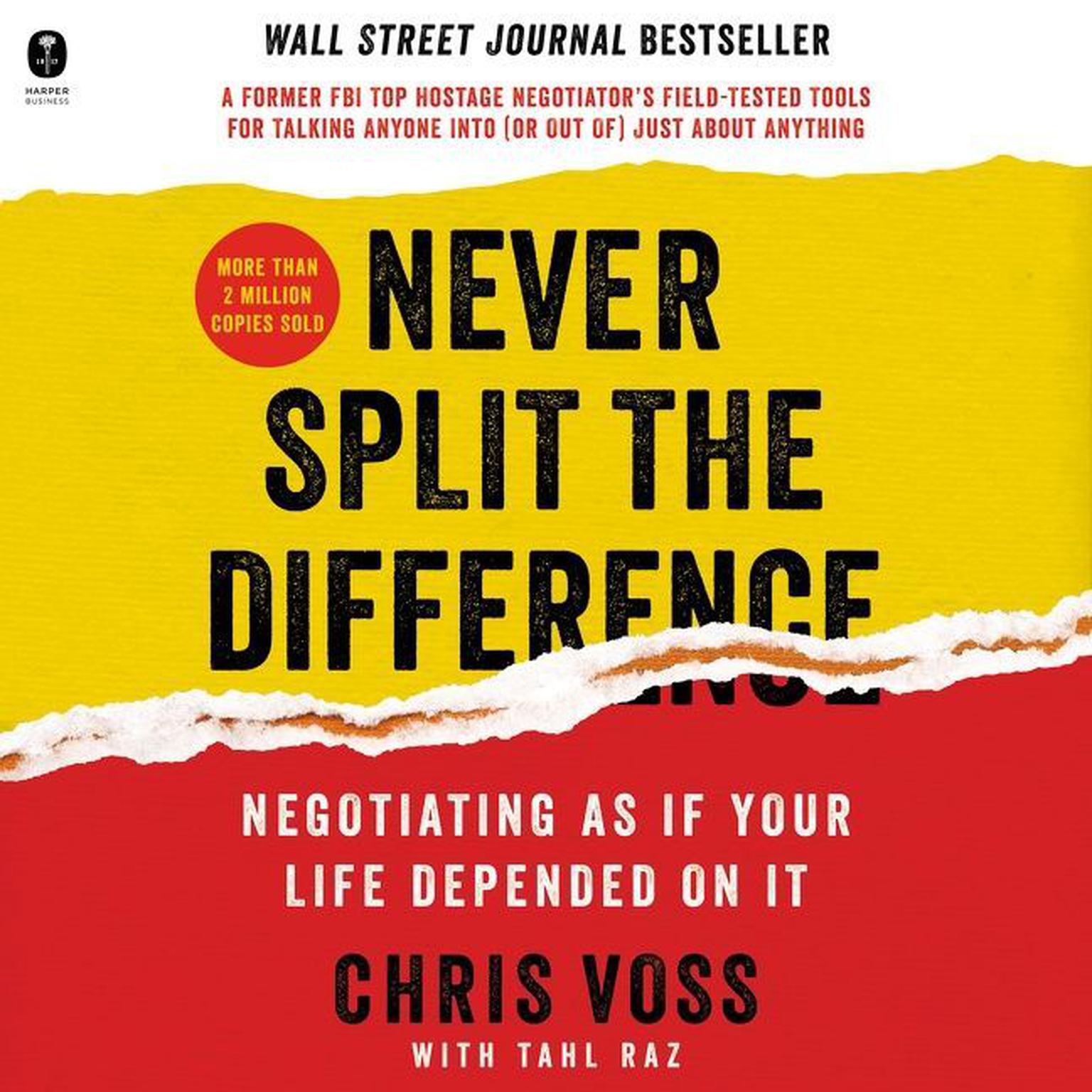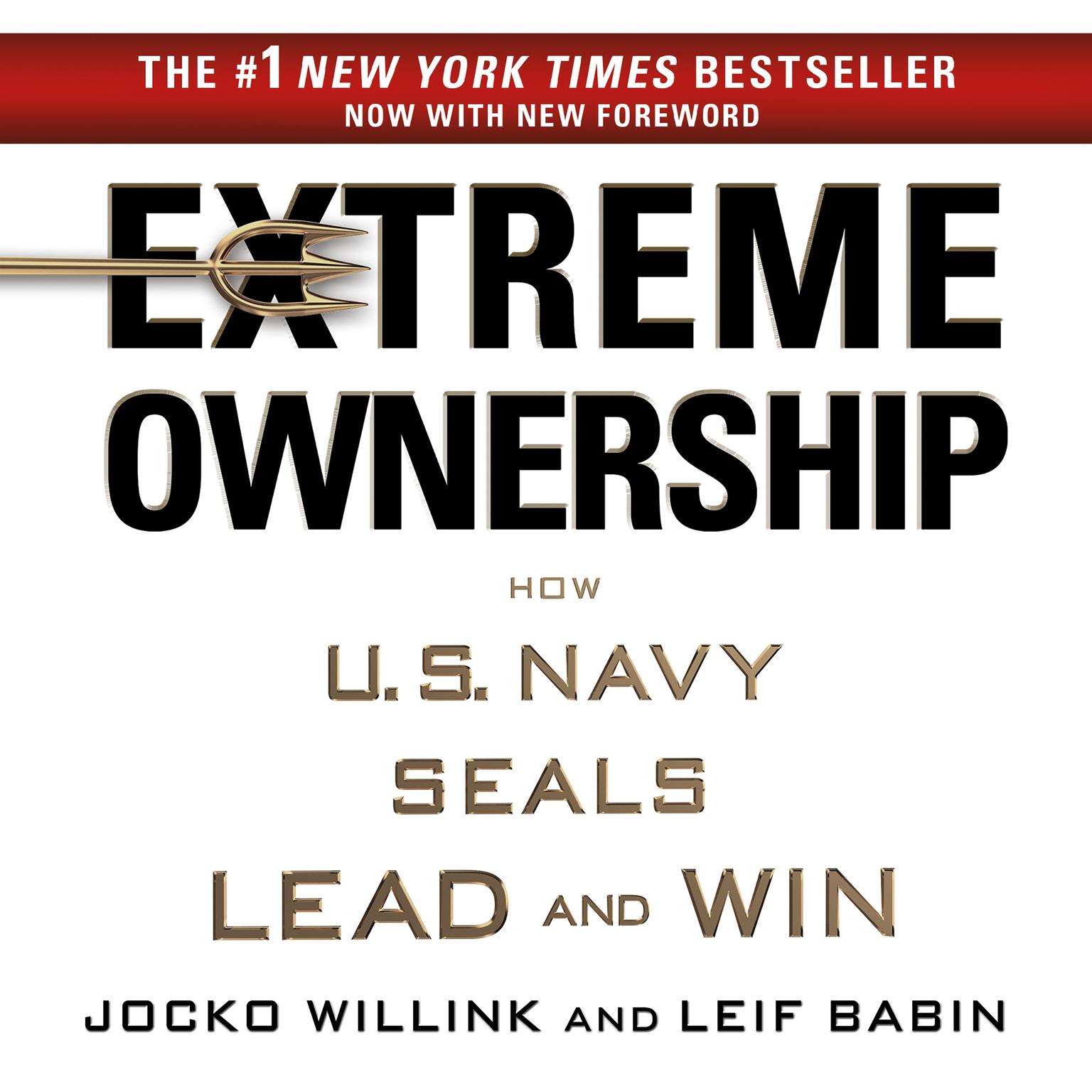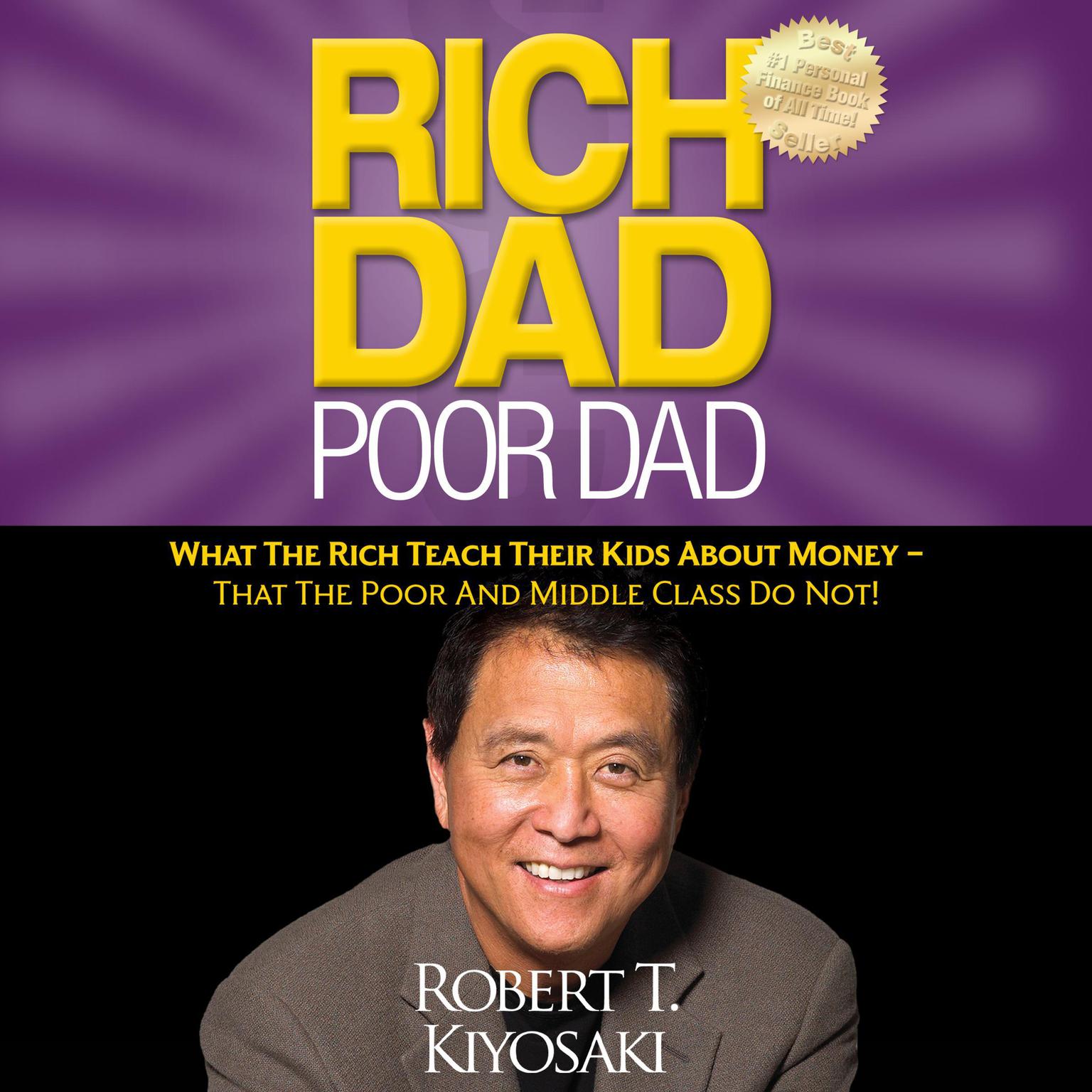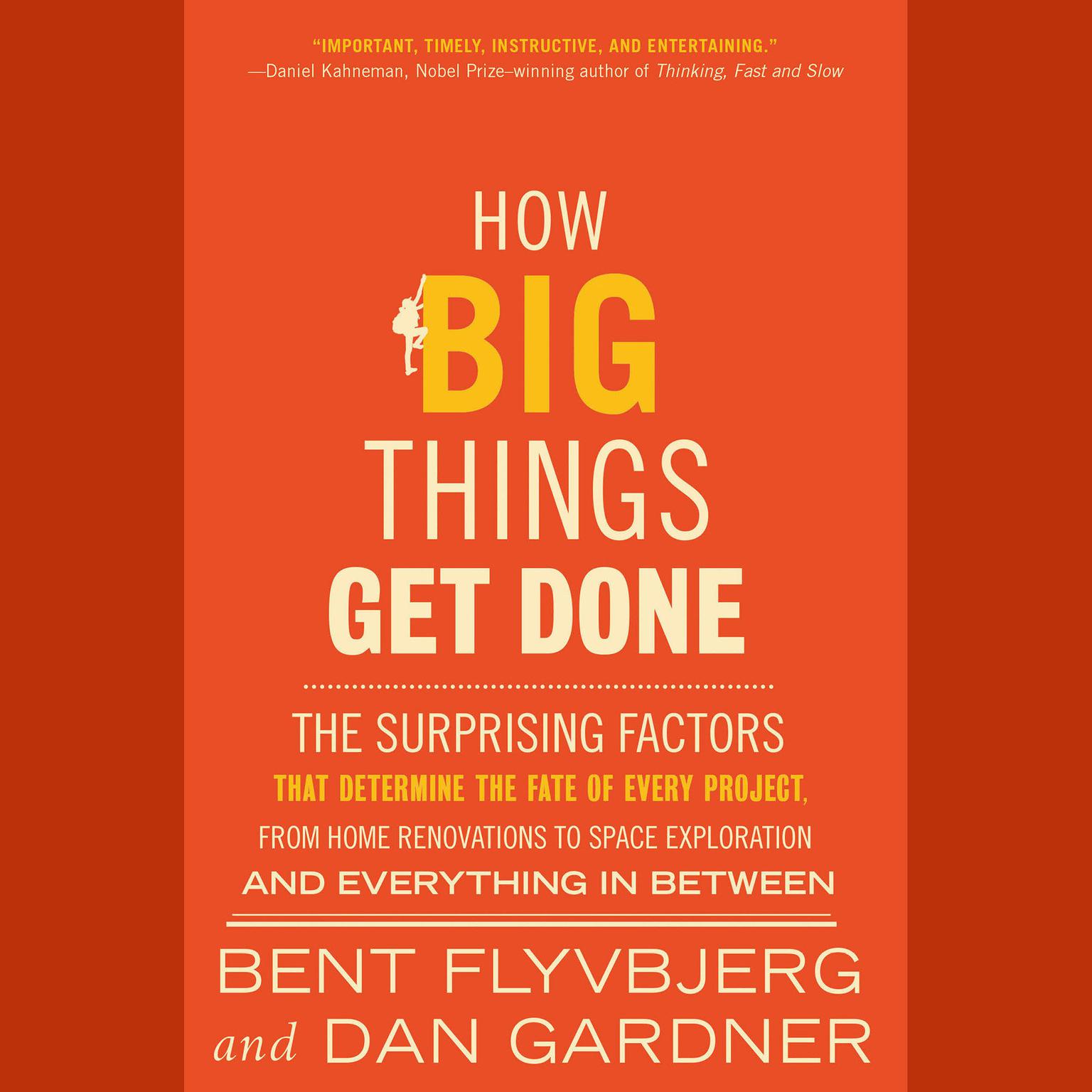Publisher Description
Even with the economy feeling a little bit better, there is a real fear that markets will stay down and things won’t ever get back to normal. But a few brave voices say that this attitude is just too pessimistic. Capitalism has not failed. And it’s not time to just give up—on free markets or a better tomorrow. History shows that every time the economy was thought to be done, worn out, finished, it bounced back. The economy is not as fragile as the pessimists think. In fact, things are already improving. Even housing is showing signs of life. With It’s Not as Bad as You Think, Brian Wesbury, ranked as one of the top economic forecasters by the Wall Street Journal and USA Today, shows you that the future is much brighter than you think. A great confluence of negativity and government mistakes dragged attitudes and the economy down, but this won’t last. With this easy-to-follow analysis of tomorrow and guide through yesterday, Wesbury debunks the pouting pundits of pessimism to show you how to prosper now and in the future. Chapter by chapter, It’s Not as Bad as You Think: • Reveals the real reasons behind the “Panic of 2008” and why it seems so much more severe than past crises • Uncovers a history of entrepreneurship that you should trust • Explains how a V-shaped recovery can take place and how wealth you had thought you lost can be found again • Calls out the press for being overly negative about capitalism and shows how government policy compounded economic problems in 2008 And much more A breath of fresh air, Wesbury’s objectivity and optimism provide welcome relief to the daily bad news stories. So if you need an antidote to conventional wisdom and are willing to look beyond the events that have already occurred, pick up It’s Not as Bad as You Think and discover how you can capitalize on the profitable possibilities of tomorrow.
Download and start listening now!
“Perfect book for these turbulent, uncertain times. Brian Wesbury is
uniquely qualified because he brings a true knowledge of history as well
as pro-growth, Reaganesque principles to help us understand—and
ultimately profit from—an environment suff used with ignorant punditry
and sheer fear. He gets it right on the origins of the crisis and how we
ultimately pull out of it.”—
Steve Forbes

